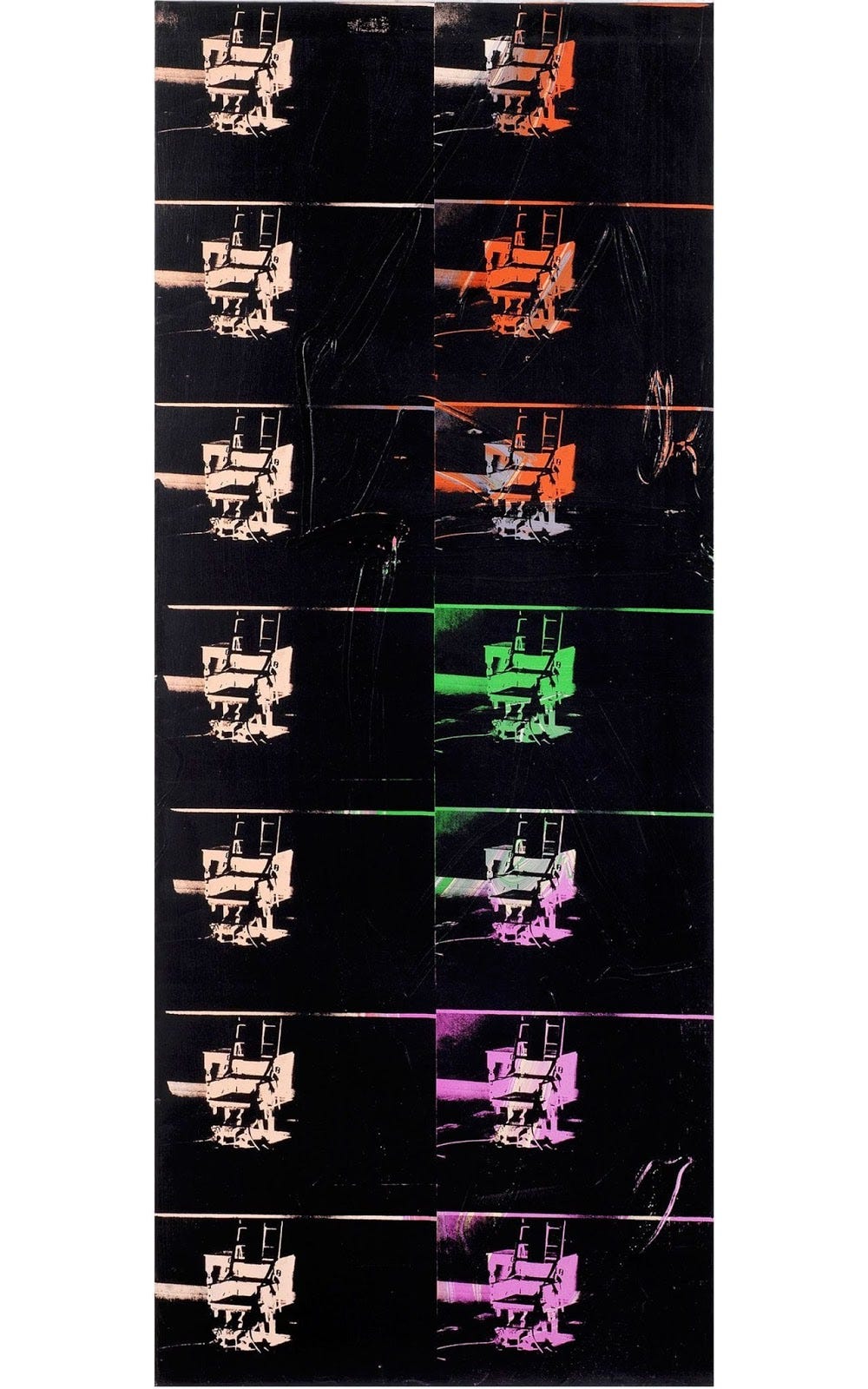
A curated selection of meaningful moments in September that are bringing us all closer to realizing an open financial system for the world.

Scrabble adds bitcoin to its official dictionary
The Official Scrabble Players Dictionary, published by Merriam-Webster, released its latest edition, adding bitcoin as one of the 300 new words. According to NPR, this is the 6th edition of the dictionary, which was first published in 1976 and is updated only once or twice a decade (the last edition was published in 2014).
LA Dodgers launch crypto bobblehead giveaway

As part of the first crypto-based giveaway in pro sports, the LA Dodgers launched Digital Bobblehead Night, in which they distributed crypto collectibles to the first 40,000 fans at a game against the Padres. The collectibles will include digital bobblehead versions of Clayton Kershaw, Justin Turner and Kenley Jansen that can be stored in a fan’s Ethereum wallet.
Cyclists set off on first Tour de Crypto, a cross-country crypto charity ride
Tour de Crypto is a 4,000 mile ride from the Hamptons (NY) to Huntington Beach (CA) that kicked off September 14 and is meant to raise awareness of how cryptocurrencies can be donated as charitable gifts. The inaugural two cyclists aim to raise 1M in crypto which will be donated to the Houston Area Women’s Center, a nonprofit that works to end domestic and sexual violence, and accepts crypto as a form of donation.
Warhol painting tokenized and sold in first crypto art auction

Andy Warhol’s 14 Small Electric Chairs (1980) was sold to 100 people using blockchain technology in a month-long auction conducted by London-based gallery Dadiani Syndicate and Maecenas, an art investment platform. The auction raised $1.7 million for 31.5 percent of the artwork at a valuation of $5.6 million. Maecenas tokenized 14 Small Electric Chairs by converting the 1980 Reversal Series work into digital certificates and offered up to 49% ownership interest for sale in auction. Buyers then purchased fractions of the piece with bitcoin, ether or the ART token, a cryptocurrency created for Maecenas. The final price was determined by a smart contract.

UN Women to use blockchain to facilitate cash transfers to Syrian refugees
Through a partnership with the World Food Programme (WFP), Syrian refugee women participating in UN Women’s cash for work programs at the Za’atari and Azraq refugee camps in Jordan will be able to get cash back at WFP-contracted supermarkets, or pay for purchases directly — without relying on third-party banks. According to UN Women’s Executive Director Phumzile Mlambo-Ngcuka: “We know that women in crisis situations and displacement settings tend to have lower digital literacy than men, and often lack access to the technology and connectivity that are so critical in today’s world. UN Women is partnering with WFP to change this by using innovative technology to drive change for women in the most challenging settings and to accelerate progress towards women’s economic empowerment on a large scale.”

Stanford launches Journal of Blockchain Law and Policy
The Stanford Journal of Blockchain Law & Policy (JBLP) is the first law journal to publish on the greater blockchain tech space, and is edited by scholars out of the CodeX Stanford Blockchain Group. JBLP features peer-reviewed articles, essays and comments and will be published via pubpub.org an open-source publishing platform associated with MIT Media Lab.
California State Legislature passes a bill defining crypto and blockchain terms
As part of Assembly Bill 2658, Uniform Electronic Transactions Act of California, drafted by Assembly member Ian Calderon and co-sponsored by Senate Democrat Bob Hertzberg, the California State Legislature has officially introduced and codified legal definitions of blockchain technology, smart contract, electronic record, and electronic signature. According to the bill, pending signature by Governor Jerry Brown, “Blockchain technology means distributed ledger technology that uses a distributed, decentralized, shared, and reciprocal ledger, that may be public or private, permissioned or permissionless, or driven by tokenized crypto economics or tokenless.”

World Economic Forum and PwC release study on how blockchain can help the planet
PwC and the World Economic Forum released an insight study, “Building blockchains for a better planet,” in which they identified more than 65 ways blockchain tech can possibly be used to support global environmental efforts. The report notes that “If harnessed in the right way, blockchain has significant potential to enable a shift to cleaner, and more resource-preserving, decentralized solutions, unlocking natural capital and empowering communities. Such groundbreaking opportunities are particularly important for the environment, where global commons and non-financial value challenges are currently so prevalent.”
Google reverses its ban on crypto advertising
Reversing a ban the company put in place in March, Google announced that it will once again allow certain regulated cryptocurrency exchanges to buy ads in the US and Japan, starting in October.
READ MORE: This Month in Crypto: August
READ MORE: This Month in Crypto: July
READ MORE: This Month in Crypto: June
This website may contain links to third-party websites or other content (“Third-Party Sites”) for informational purposes only. The Third-Party Sites are not under the control of Coinbase, Inc., and its affiliates (“Coinbase”), and Coinbase is not responsible for the content of any Third-Party Site, including without limitation any link contained in a Third-Party Site, or any changes or updates to a Third-Party Site. Coinbase is providing these links to you only as a convenience, and the inclusion of any link does not imply endorsement, approval or recommendation by Coinbase of the site or any association with its operators.
This Month in Crypto: Stanford, Warhol, the LA Dodgers, and Tour de Crypto was originally published in The Coinbase Blog on Medium, where people are continuing the conversation by highlighting and responding to this story.
Source: The Coinbase Blog




